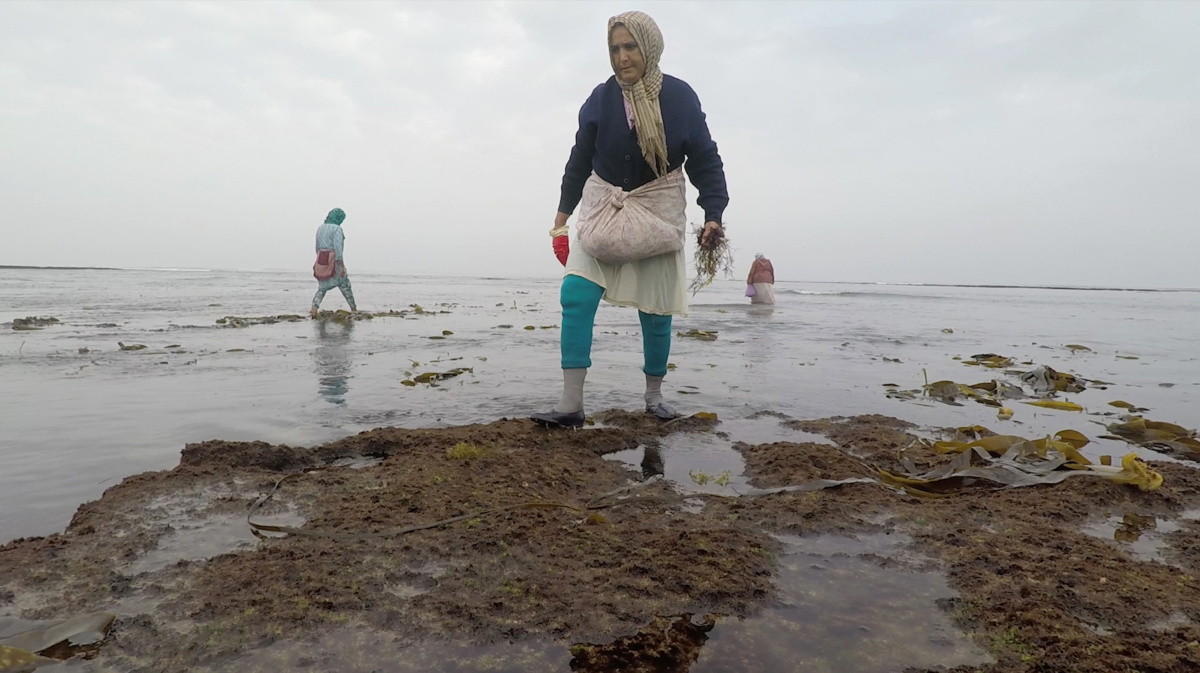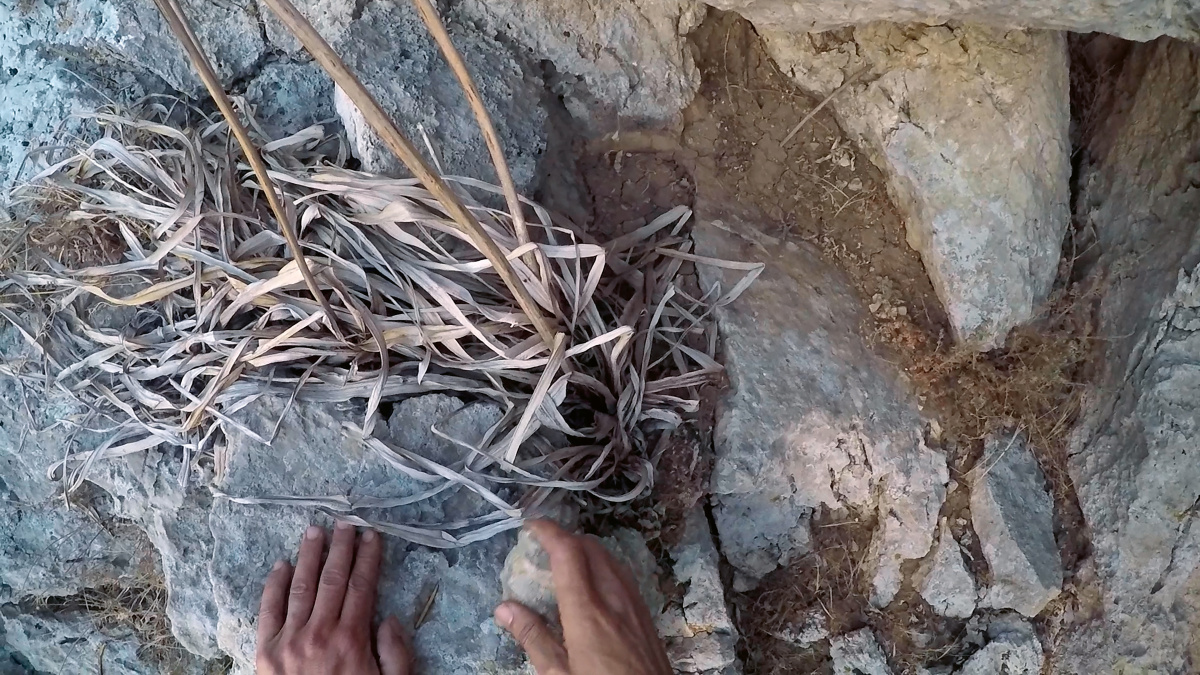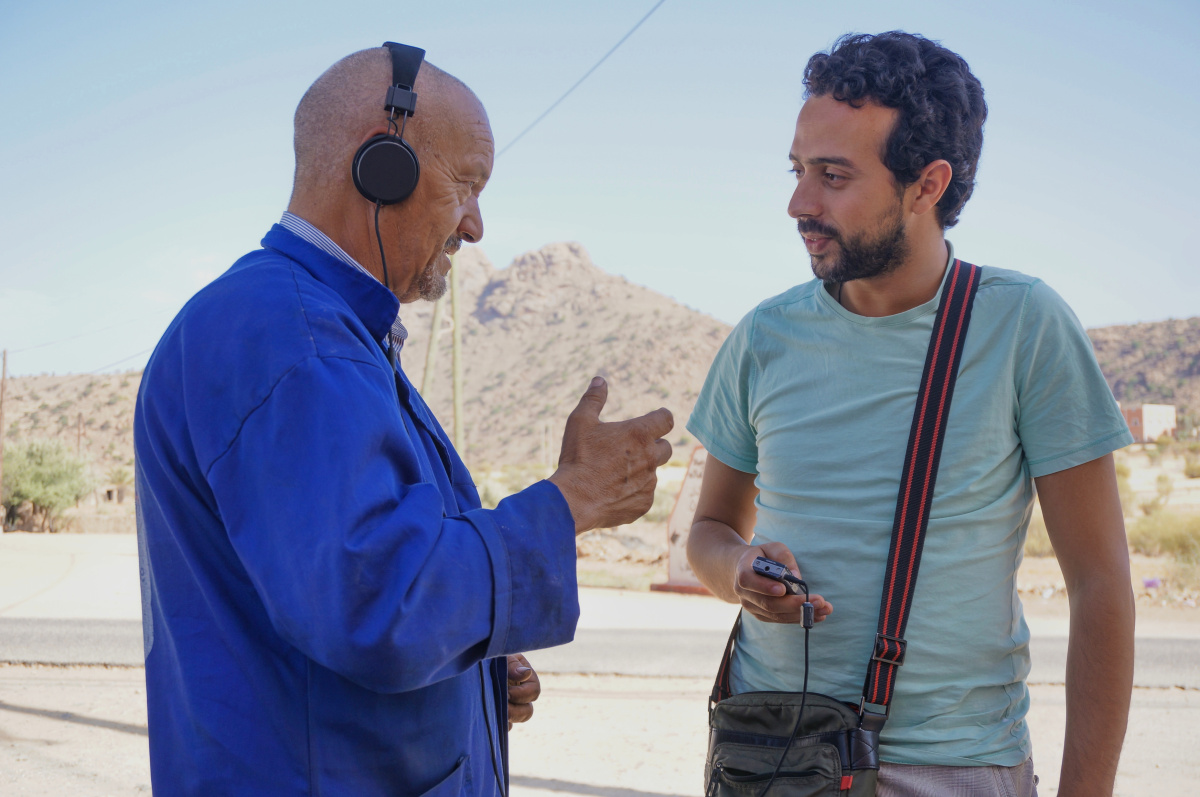
Seaweed, Pollution, and the Voice of the Sea
This chapter deepens Gilles Aubry’s engagement with ecological sound through an examination of the voice of the sea on the Atlantic coast of Morocco. He joins biologist Younes Boundir in his scientific research on seaweed, which provides an entry point into industrial extractivism and ecological justice in Morocco. Listening to the voice of the sea opens a discussion on socio-economic and environmental implications of neoliberal management of «natural resources».
Younes Boundir, born 1993 in Marrakesh, graduated in biological science at Marrakesh Cadi Ayyad University in 2015. Specialized in marine biology, psychology, and ecology, his PhD thesis examined the impact of anthropic pollution on macro-algae on the Moroccan Atlantic coast. He has published several papers on this topic in international peer-reviewed scientific journals. Follow him on Instagram.
This abstract refers to the chapter «Atlantic Ragagar: Seaweed, Pollution, and the Voice of the Sea» (pages 235–75) of the book «Sawt, Bodies, Species: Sonic Pluralism in Morocco» by Gilles Aubry, published by adocs in 2023. This contribution is part of the Norient Online Special Sawt, Bodies, Species, a joint publication with adocs, extending the physical book into a digital publication with additional video and audio materials. The Open Access publication of this book was made possible with the support of the Swiss National Science Foundation (SNSF).
Biography
Links
Published on May 04, 2023
Last updated on April 03, 2024
Topics
Ecology describes the relationships among living organisms. At Norient, we add sounds and music, asking, for instance: what does a field recording tell about the environment it was recorded?
A generative practice that promotes different knowledge. One that listens is never at a distance but always in the middle of the sound heard.
From instruments made of plastic waste of the ocean to questions about a futurist naturalism which embraces technology for aesthetic emancipation.
From the political implications of human voice to its potential of un-making sense.

